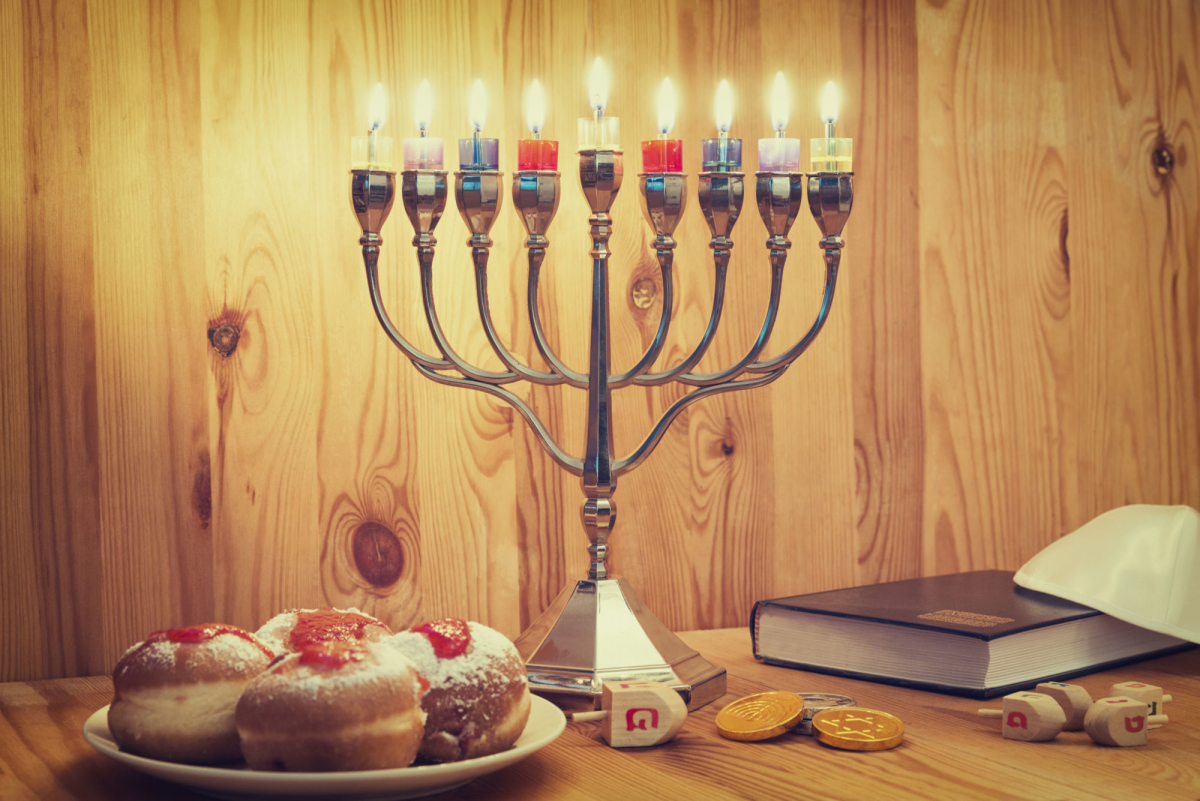#JCulture The project is focused, in particular, on preserving the traditions of the Jewish community

The project "Research and preservation of Jewish cultural heritage in the border area" is focused particularly on preserving the traditions of the Jewish community and spreading information about them in order to preserve the multicultural heritage of the city. An integral part of the culture of any religious-national community is its holidays. On December 18-26, Jews celebrated one of the most important Jewish holidays – the eight-day winter holiday Hanukkah.
Hanukkah is a Jewish holiday of miracle, a celebration of victory in the war between sanctity and sewage. This is an eight-day winter celebration. In Hebrew, the word "hanukkah" means "dedication". The Hanukkah lamp is lit in Jewish households every December. The Hanukkah menorah (the lamp) is placed in the most visible places for everyone to see and remember the miracle. The candles are lit for eight days, adding one each day. They are placed from the right side to the left, and lit from left to the right. The candles, lit at the beginning of the evening shortly before the sunset, should burn for at least 30 minutes after dark.
On Friday, they are lit before the Saturday candles. The lamp is placed opposite the mezuzah, at the entrance to the room where all family members usually gather. The Hanukkah candlelight may not be used for work, reading, etc. Jewish families arrange magnificent feasts on these days. On Hanukkah, they make pancakes and yeast dough doughnuts ("sufganiyah") with various fillings and latkes. On these days, children receive "Hanukkah gelt" pocket money, toys and sweets.
The project "Research and preservation of Jewish cultural heritage in the border area" (JCulture) is implemented within the framework of the Cross-border Cooperation Programme of the EIS Hungary-Slovakia-Romania-Ukraine 2014-2020, financed by the European Union.